While Apple's Touch ID fingerprint sensors remain limited to the latest iPhone and iPad models and have yet to appear in any Mac hardware, Synaptics announced on Wednesday that its new SecurePad fingerprint scanning hardware is now available to notebook PC makers.
Calling it the "first solution to integrate fingerprint ID technology into the TouchPad," the Synaptics SecurePad is a 4-by-10-millimeter sensor on the surface of a notebook's cursor controls. The SecurePad activates with the touch of a finger, and like Apple's Touch ID, it supports fingerprint detection at any angle.
The Synaptics SecurePad is a Fast Identity Online-ready authenticator supporting the use of password-free security. It will allow PC makers to implement fingerprint scanning technology without the need to duplicate hardware components, allowing for simpler integration into existing notebook designs.
Once a user scans their fingerprint when prompted for a password, SecurePad initiates a cryptographically secure challenge and response with an online service provider. The Synaptics solution does away with storing password databases in the cloud, further improving security with FIDO-compliant partners.
SecurePad hardware is now available for PC makers to implement in their notebooks, and can be utilized in various TouchPad, ClickPad and ForcePad sizes. Manufacturers can also utilize optional LEDs for visual feedback.
"Digital security has never been more important to consumers as it is today and while users understand the necessity for protecting their digital information, username and passwords are no longer a reliable method of security against today's cyber threats," said Patrick Moorhead, founder, president and principle analyst for Moor Insight and Strategy. "The growing adoption of fingerprint ID technology gives OEMs the opportunity to implement modern security solutions that give consumers a convenient and easy-to-use method for protecting their data."
Fingerprint scanners have been available in mobile devices for years, but traditionally have required an unreliable "swipe" input method. Interest in fingerprint scanners has seen renewed interest thanks to Apple's Touch ID, which debuted last year in the iPhone 5s, and allows users to quickly and securely have their fingerprint scanned from any angle.
This year, Apple also introduced Touch ID in the new iPhone 6 and iPhone 6 Plus, as well as the iPad Air 2 and iPad mini 3. The company also opened up Touch ID support to third-party developers with iOS 8, allowing applications to be locked and for users to bypass a password entry with their fingertip.
Touch ID was made possible by the acquisition of AuthenTec, the maker of a fingerprint scanning "Smart Sensor" that would eventually become the foundation for Apple's own solution. The launch of Touch ID helped spur Synaptics to acquire Validity Sensors last year.
Wednesday's announcement by Synaptics did not indicate whether the technology acquired from Validity Sensors has been utilized in its new SecurePad product.
 Neil Hughes
Neil Hughes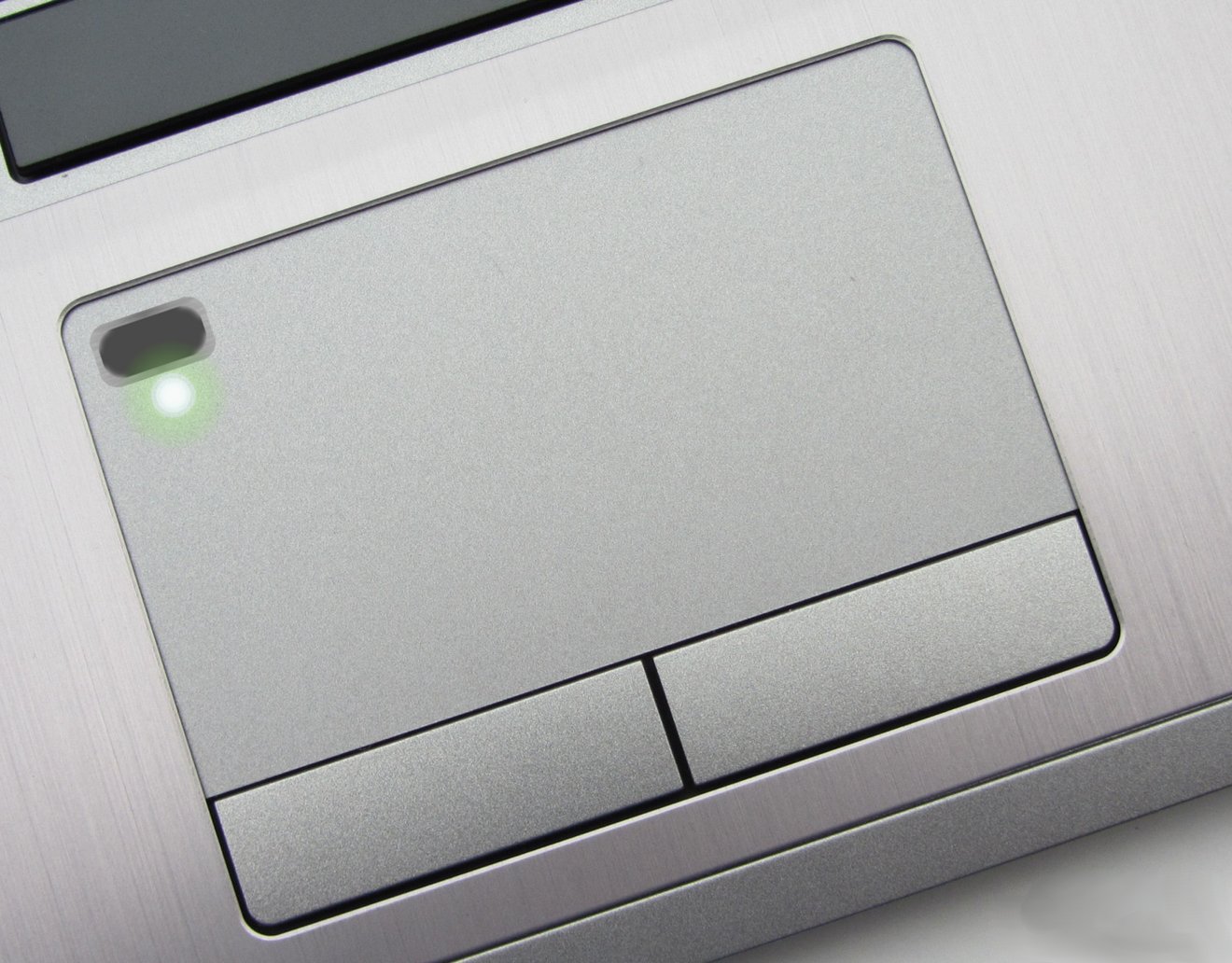
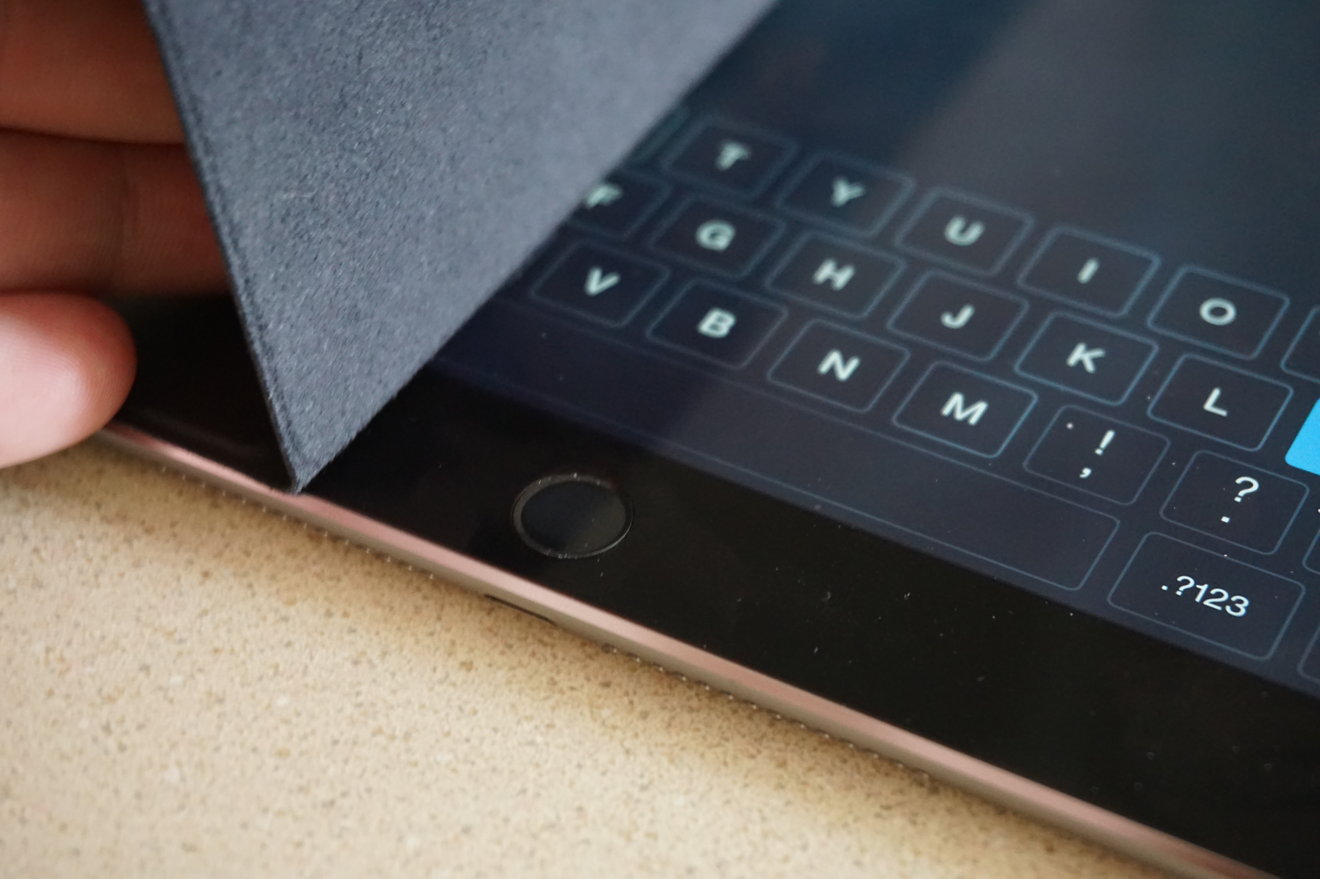
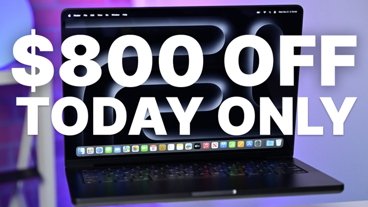
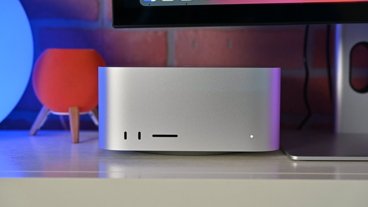
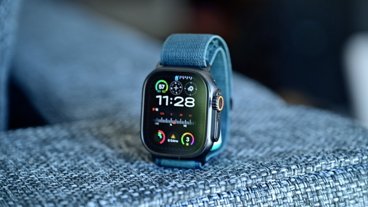

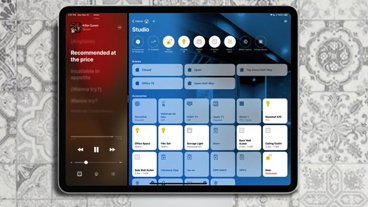
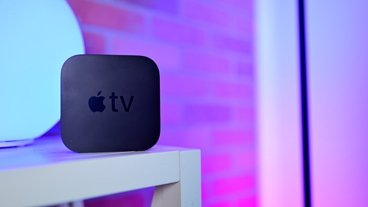
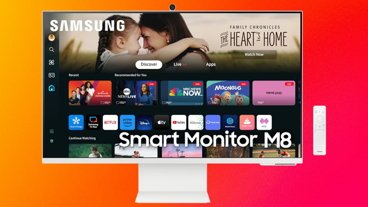
-m.jpg)






 Christine McKee
Christine McKee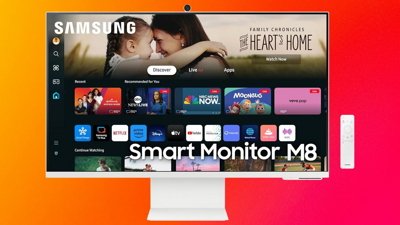
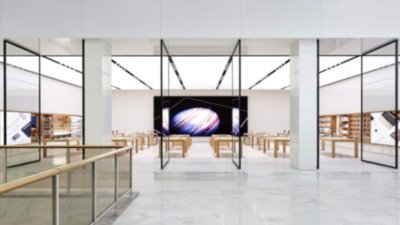
 Stephen Silver
Stephen Silver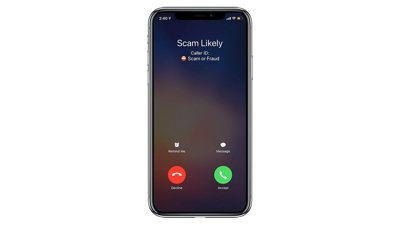
 Charles Martin
Charles Martin
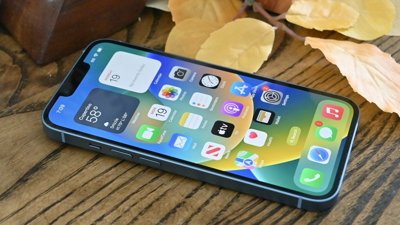
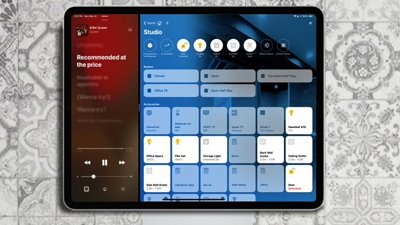
 William Gallagher
William Gallagher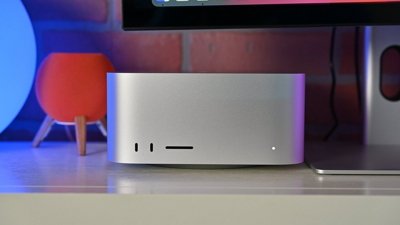
 Malcolm Owen
Malcolm Owen
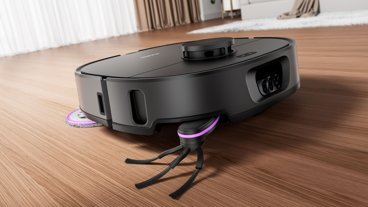
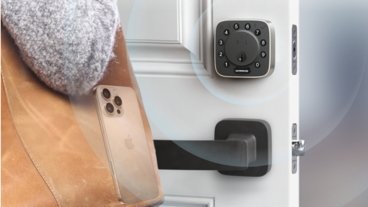







115 Comments
Implying Apple was going to build fingerprint sensors into their laptops at all...
So will they suck [I]as hard[/I], or [B]harder[/B] than they did before? ;)
Beat Apple to the punch by adding fingerprint reader to their lousy PCs?!! LMAO
The biggest problem of fingerprint sensors on PCs is that THEY CAN BE HACKED. A personal computer is a completely wide open machine. They aren't like iPhones where the security of fingerprint sensors is maintained.
I REALLY look forward to a finger print sensor on my MBp / MBa. The question isn't whether it will come but why on earth wouldn't it. I have friends that have been using it for years on PC laptops and loving it in spite of it not being 100% reliable.